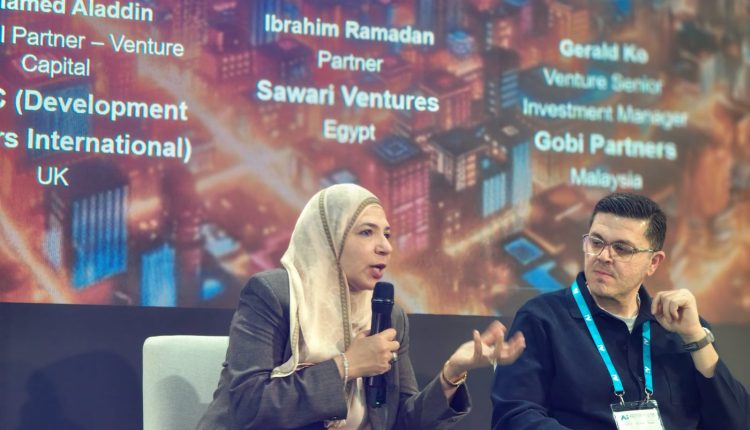The Egyptian government has released a comprehensive report detailing significant advancements in women’s economic, social, and political empowerment, driven by strategic initiatives under the Egypt
Vision 2030 framework. According to a reort from the Ministry of Planning and Economic Development, these targeted efforts have resulted in measurable gains, reinforcing the nation’s commitment to gender equality and inclusive growth.
Key to this progress is the National Strategy for the Empowerment of Egyptian Women 2030, a framework focusing on political, economic, and social empowerment, as well as protection. The report highlights that Egypt was the first country in the Middle East and Africa to launch a Gender Gap Accelerator in partnership with the World Economic Forum, alongside adopting gender-responsive planning and budgeting.
Fueling Female Entrepreneurship and SME Growth
A cornerstone of the economic empowerment strategy is the Entrepreneurship Stimulation Project, a collaboration with the World Bank. This initiative has successfully financed over 85,000 small and medium-sized enterprises (SMEs), generating approximately 400,000 jobs. Notably, 43% of these employment opportunities were secured by women.
Further bolstering the ecosystem for female founders, the government launched programs like She Trades Egypt in partnership with the National Council for Women and the Ministry of Trade and Industry. Additionally, the Hafez platform provides women-led startups with crucial access to financing and technical support, while the Egypt Government Excellence Award has integrated special categories to recognize women’s contributions.
Driving Social and Financial Inclusion
The report underscores the impact of the Takaful and Karama program, one of the country’s primary social protection tools. Women constitute 75% of the program’s beneficiaries and are equipped with “Meeza” debit cards, empowering them with greater control over their financial affairs and fostering financial inclusion.
Between fiscal years 2020/2021 and 2024/2025, a total of EGP 294.85 billion in investments was directed toward women across human and social development sectors. These funds targeted critical areas including education, healthcare, scientific research, social protection, and employment programs.
Key Milestones in Political and Corporate Representation
The government’s concerted efforts have translated into tangible improvements in key gender equality indicators. The representation of women on corporate boards saw a significant rise, reaching 23.3% in 2023, up from 19.7% in 2022.
The proportion of women in senior and middle management positions nearly tripled, increasing from 6.1% in 2017 to 17.6% in 2022. In the political arena, female representation in parliament has climbed to 27.41%, a substantial increase from 14.9% in 2015. Furthermore, Egypt’s Gender Inequality Index has improved to 0.398, outperforming both regional Arab and global averages.
About Egypt Vision 2030
Egypt Vision 2030 is a national strategic agenda launched by the Egyptian government to achieve comprehensive sustainable development. It is built upon the principles of inclusive and sustainable development and balanced regional growth. The vision encompasses three main dimensions: economic, social, and environmental, and serves as a roadmap for the country’s future policy-making and development projects, including the empowerment of women as a core pillar.
Source: Youm7














